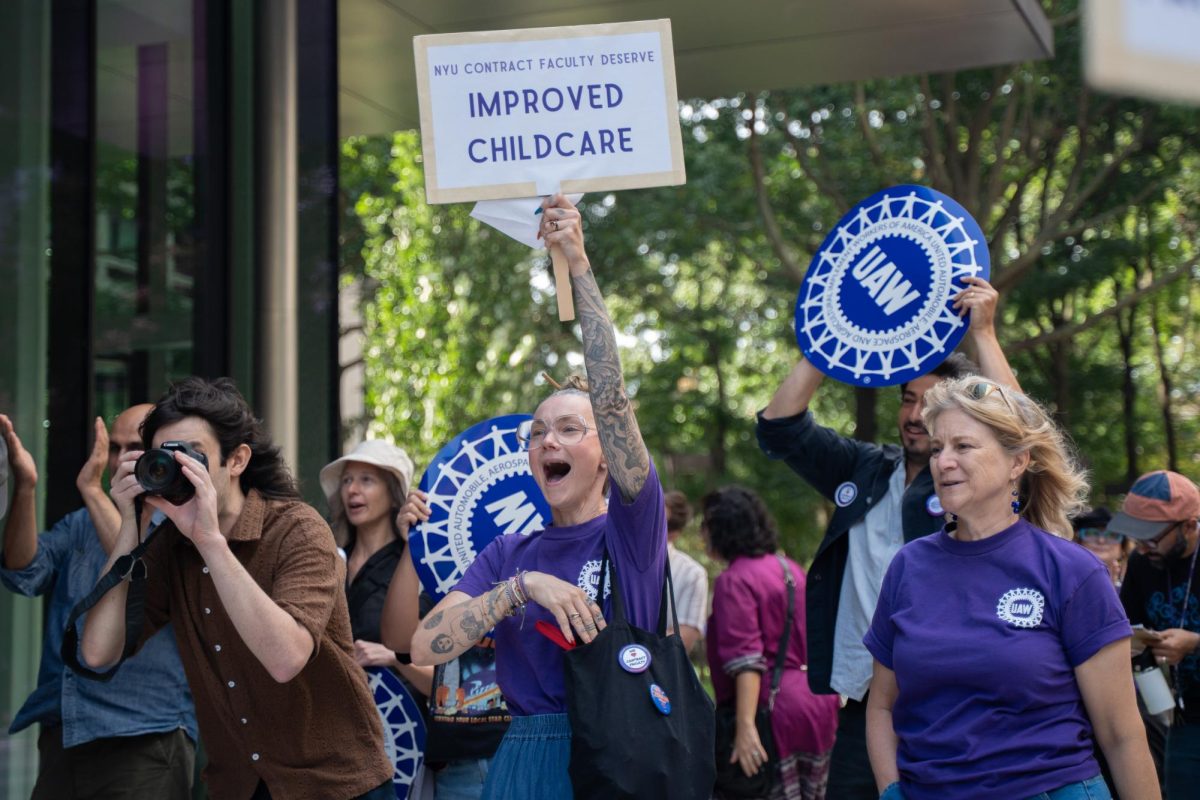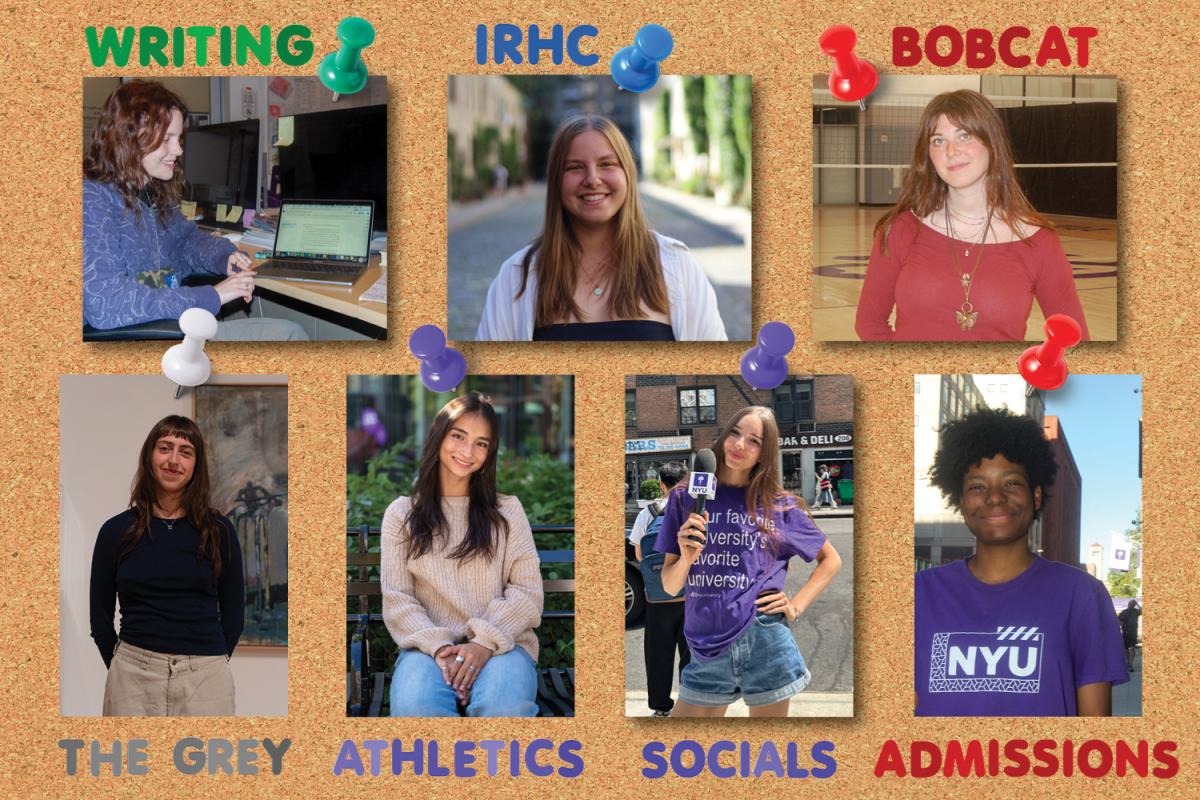The Sports Kid Column: Adam Jones, Colin Kaepernick and Moral Licensing
September 16, 2016
There’s this theory in psychology that Malcolm Gladwell introduced to me in “Revisionist History” called moral licensing. It’s the idea that taking a singular progressive action — doing something moral, making the right choice, making a choice for the betterment of yourself and/or society — is actually more likely than not to lead you to justify immoral actions later down the line. Essentially, when people pat themselves on the back for doing a good deed, they turn around and act in direct contradiction to that good deed instead of taking it and turning it into actual progress.
Take baseball for example: every stadium in the MLB has the number 42 retired. There is not a single person in baseball that will ever don that number again. Every season, there is a day of honor for Jackie Robinson, when every player wears number 42. ESPN plays a montage of black players standing with their hats placed over their hearts while the national anthem plays. They weave in the few video clips that exist of Jackie Robinson’s supernatural baseball ability.
Oh, white people let Jackie Robinson in. He broke the color barrier. It’s been one long arc in which minorities have finally started getting their chance. Actually, no.
This isn’t some authentic celebration of how far baseball or society has come. It’s certainly not the last chapter in the textbook about the evolution of a racially divided sport. It’s moral licensing. Jackie Robinson Day is not the driving force behind a nuanced conversation about the lack of diversity among MLB front offices or the plight of managers of color trying to be rehired, like it should be.
Inflammatory comments — like Adam Jones saying “baseball is a white man’s sport” — drive conversation. Actions meant to cause friction — like Colin Kaepernick peacefully taking a knee during the national anthem — drive conversation. And only because they evoke anger in a white America that is trying so desperately to hang onto the baseball and football they grew up on; a more racist version of their current sport. Discussions of diversity and morality in sports ebb and flow in ways that prevent real change from ever actually happening. They reach a breaking point; people in positions of power take actions in concurrence with the outcry of marginalized people. And then boom, moral licensing shelves the intelligent conversation for years.
This is exactly why we need more diversity in the front offices of sports franchises. People of color, women, members of the LGBT community? These people don’t have to morally self-license — their occupation of positions of power in organizations is the moral progressivism.
When a black manager is in charge of a baseball team, he does not puff his chest out when he’s asked about pencilling six black players into the lineup card. When a woman gets the chance to be the scouting director for a basketball team, she doesn’t pat herself on the back for hiring another woman to run analytics in their video department. If the commissioner of the NBA is a gay, black woman from a socioeconomic background that looks more like South Central LA than the Hamptons, then she won’t allow the slew of white owners to justify their inherent racism by saying that they “support them and give them food, and clothes, and cars, and houses,” as Donald Sterling did.
It is impossible to extricate the plight of marginalized people from the rise of big-money athletics. But there is also a false narrative — especially in the NBA — that sports function as a savior for inner-city kids, when in reality the rich white kid who goes to a prep school has a higher probability of inking a professional contract. We’re not going to stop hearing pundits ask vocal athletes to appreciate what they’ve been given by white owners until we stop using diversity as a buzzword in sports. We’re not going to stop hearing the rehashed argument that athletes need to remember their place. Hell, we might never stop combing lists of billionaires who own teams, looking for a person of color besides Michael Jordan — a supremely overqualified NBA owner.
But it’s fine, because we’ve come so far. Right?
Email Bobby Wagner at [email protected].































































































































































